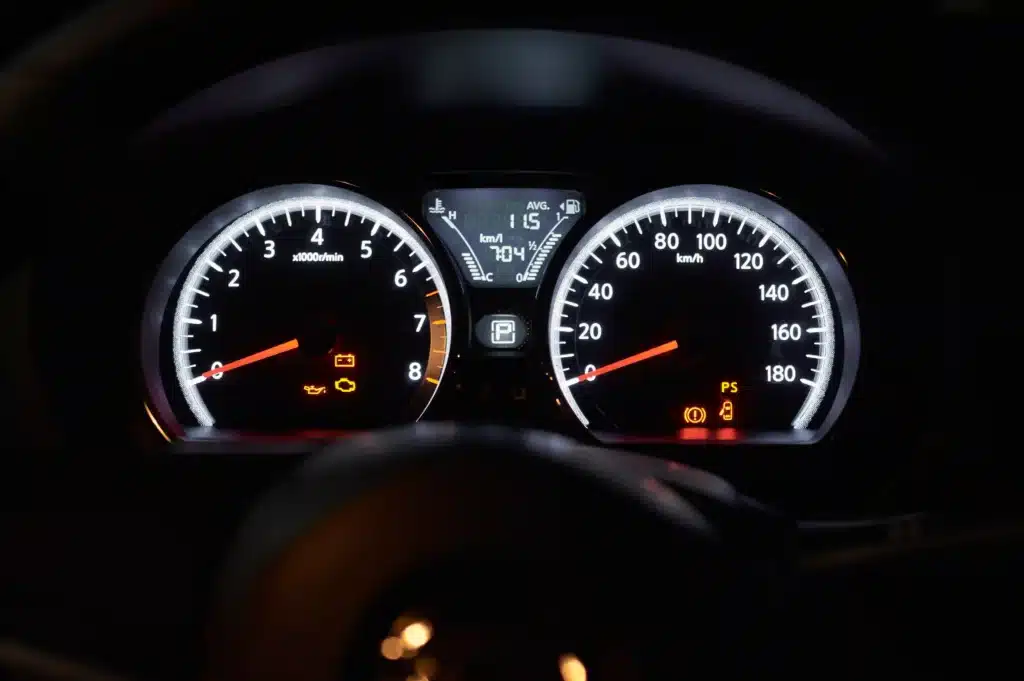Honda Pilot and Odyssey Transmission Problems: What You Should Know
Multiple class action lawsuits filed against Honda claim that Honda Odyssey and Honda Pilot vehicles have faulty automatic transmissions.
Accordingly, this causes violent shaking, acceleration problems, gear shifting issues and transmission failure. If you own or lease one of these vehicles, you may be included in a class action case, and your Honda may be a lemon.
Home » Manufacturers » Honda Lemon Law » Honda Pilot and Odyssey Transmission Problems
Honda Transmission FAQ

WHAT VEHICLES ARE AFFECTED BY THE TRANSMISSION DEFECT?
Honda Odyssey minivans and Honda Pilot SUVs may be equipped with defective transmissions that make driving unsafe. Though Honda has updated its models with new transmissions over the years, multiple lawsuits have been filed alleging similar defects plaguing the vehicles.
Moore v. Honda alleges that Honda vehicle models equipped with 9-speed transmission are at risk of experiencing symptoms of a transmission defect. Affected vehicle models include: 2016–2022 Honda Pilot, 2018–2019 Honda Odyssey, 2019–2025 Honda Passport and 2020–2025 Honda Ridgeline.
MacDougall v. Honda alleges that 2011–2016 Honda Odyssey minivans have defective transmissions that cause acceleration problems, gear shifting issues and sudden transmission failure.
Mobayen v. Honda, represents owners and lessees of 2017–2019 Honda Odyssey and 2014–2019 Honda Pilot vehicles. The lawsuit alleges that a judder from a “torque converter lock-up clutch” is caused by deteriorated transmission fluid resulting from a transmission defect.
If your vehicle is a 2019 or older vehicle model year, the statute of limitations for a claim under the California Lemon Law has likely passed.
However, our firm can help owners of 2020 or newer Honda vehicles opt out of class action lawsuits and pursue an individual lemon law claim for a potentially higher settlement.
WHAT’S WRONG WITH HONDA’S TRANSMISSION?
Honda Odyssey and Honda Pilot vehicle owners state that these transmission defects can cause recurring safety problems: lurching, stalling and sudden transmission failure. One lawsuit alleges that these transmission defects are caused by faulty materials or poor workmanship.
The Honda 9-speed transmission lawsuit alleges that the vehicles are at risk of rough and delayed shifting, loud noises during shifting, harsh engagement of gears, sudden, harsh accelerations and decelerations, and sudden loss of power due to a transmission programming defect.
Earlier Honda transmission lawsuits have attributed these issues to problems with computer software or deteriorated transmission fluid. One lawsuit cites documents issued to dealers, which instructed technicians to update the software and replace the transmission fluid.
Another lawsuit alleges that these vehicles experience repeated juddering from the torque converter clutch, a component that sits between the engine and the automatic transmission. It serves a similar purpose that a clutch would in a manual transmission.
The juddering from the torque converter clutch is allegedly caused by deteriorated transmission fluid. According to the lawsuit, the transmission fluid deteriorates faster than expected when exposed to “intermittent high heat loads under specific driving conditions.”
HOW HAS HONDA RESPONDED?
According to these class action lawsuits, the recurring Honda transmission problems were never adequately addressed. As a result, safety defects continue to appear in these Honda Odyssey and Honda Pilot automatic transmissions.
Multiple lawsuits allege that Honda has known, or should have known, about these recurring transmission problems since at least 2016. To demonstrate Honda’s knowledge of these recurring transmission issues, lawsuits cite several technical service bulletins (TSBs) that Honda has issued to its dealers.
One TSB issued in 2012 allegedly shows that Honda knew of juddering, hesitation and surging in 2011–2012 Honda Odyssey minivans. Technicians were advised to update the transmission’s computer software and/or replace the transmission fluid. Another TSB issued in 2015 acknowledged hard downshifts or “clunks” when accelerating or decelerating at low speeds, recommending that technicians update the Powertrain Control Module software.
Another TSB, issued in 2016, reported that 2011–2013 Honda Odyssey vehicles experienced transmission problems due to “deteriorated” transmission fluid. This was a result from “high heat loads” under certain driving conditions. The TSB advised that technicians replace the transmission fluid, though a later document admitted that the fluid flush was a “temporary fix.”
After years of releasing these documents for Honda Odyssey vehicles, Honda released TSBs for 2016–2017 Honda Pilot vehicles with nearly identical problems and proposed fixes. However, consumers allege that none of the proposed fixes permanently remedied these Honda transmission problems. Honda has yet to develop a software update that adequately fixes the alleged transmission defect.
In the case of Honda’s 9-speed transmissions, the lawsuit alleges that Honda’s service campaign and advised repairs in its technical service bulletins issued to dealers do not adequately address the transmission issues.
IS MY HONDA A LEMON?
If your local Honda dealership is unable to fix any of these transmission issues in your Honda Pilot, Odyssey or other Honda model, your vehicle may have a manufacturing defect:
- Sudden, Unexpected Shaking
- Violent Jerking While Shifting or Accelerating
- Hesitation Before Acceleration
- Unexpected Acceleration (Surging)
- Hard Downshifting or Clunking
- Torque Converter Clutch Locks Up
- Repeated Shifting Problems
- Sudden Transmission Failure
These transmission failures are particularly dangerous when the Honda Odyssey or Honda Pilot vehicles are accelerating from a stop, merging into traffic or shifting gears onto highways from low speeds, driving uphill, or shifting gears at low speeds. If repeated Honda transmission problems in your Honda vehicle seemingly cannot be fixed, Lemon Law Help can assist. We can help you opt out of one or more class action lawsuits and pursue an individual claim with your Honda lemon.
HOW DO I OPT OUT OF A CLASS ACTION LAW SUIT?
You can opt out of class action lawsuits and take an individual lemon law case against Honda, in which you could potentially recover a far more substantial cash settlement. If you are included in at least one lawsuit, you may need to opt out before a certain deadline to retain your individual right to pursue a lemon law claim.
Once you opt out, you may pursue charges more specific to your situation. Contact a California lemon law attorney about your individual right to pursue a lemon law claim.
Get Lemon Law help by Knight Law Group today!
Do You Have A Lemon Vehicle?
"*" indicates required fields





